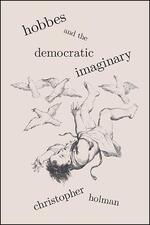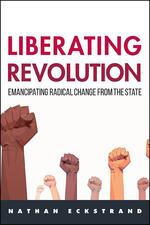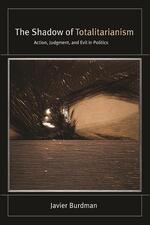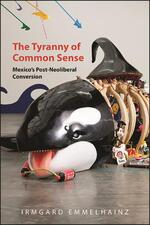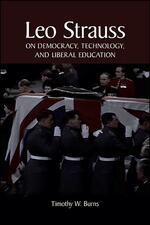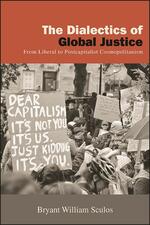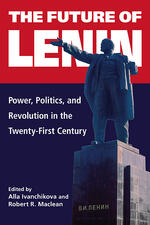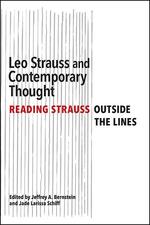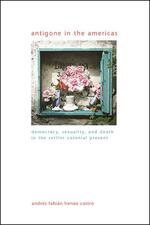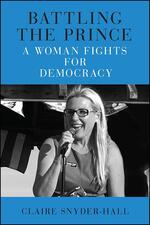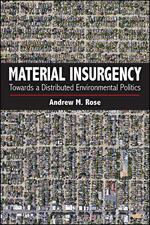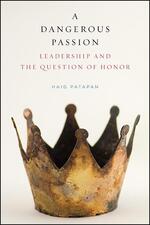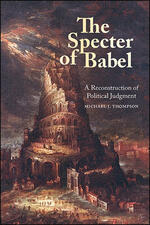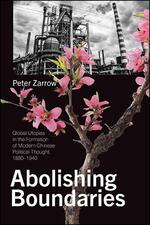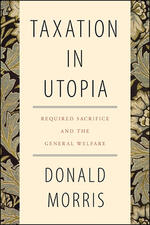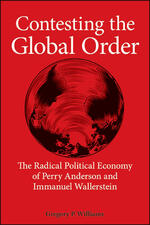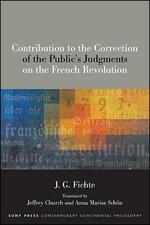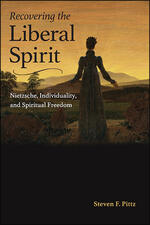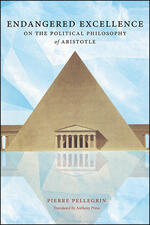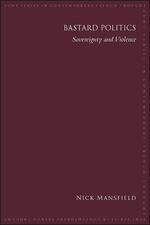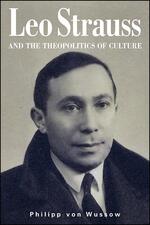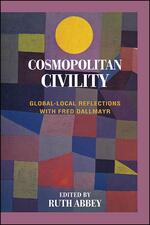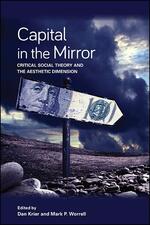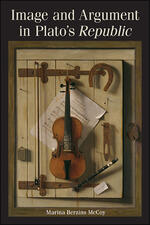Political Theory
Hobbes and the Democratic Imaginary
A critical interrogation of elements of Hobbes's political and natural philosophy and its capacity to enrich our understanding of the nature of democratic life.
Liberating Revolution
Provides a novel conceptual and practical theory of revolution, engaging previous theories of revolution, contemporary continental philosophy, and systems theory.
The Shadow of Totalitarianism
Examines the relationship of evil, action, and judgment in the work of Immanuel Kant, Hannah Arendt, and Jean-François Lyotard.
The Tyranny of Common Sense
Elucidates how neoliberalism rules all areas of life and operates as a form of common sense, taking Mexico as a case study.
Capitalism for All
Demonstrates that a true liberal capitalism has the capacity to enable personal well-being while dealing with new challenges such as pandemics, climate change, and automation.
Leo Strauss on Democracy, Technology, and Liberal Education
The first book-length study of Leo Strauss' understanding of the relation between modern democracy, technology, and liberal education.
The Dialectics of Global Justice
Draws on Marx and the first-generation Frankfurt School to make the case that cosmopolitanism must become a postcapitalist political theory.
The Future of Lenin
Essays that argue in favor of Lenin's continuing relevance for twenty-first century politics and thought.
Leo Strauss and Contemporary Thought
Broadens the horizons of Strauss’s thought by initiating dialogues between him and figures with whom little or no dialogue has yet occurred.
Antigone in the Americas
Argues for a decolonial reinterpretation of Sophocles’ classical tragedy, Antigone, that can help us to rethink the anti-colonial politics of militant mourning in the Americas.
Battling the Prince
This political memoir exposes the weaknesses of democratic culture in the United States and suggests ways to strengthen it in the face of rising authoritarianism.
Material Insurgency
Examines emerging new materialist and posthuman conceptions of subjectivity and agency, and explores their increasing significance for contemporary climate change environmentalism.
A Dangerous Passion
Shows the importance of honor for leaders, both as a source of noble ambition to pursue the public good and as dangerous temptation to seek glory through domination.
The Specter of Babel
Presents a new way of thinking about fundamental political concepts such as freedom, justice, and the common good.
Abolishing Boundaries
Offers new perspectives on modern Chinese political thought.
Taxation in Utopia
An interdisciplinary exploration of utopian political philosophy from the neglected perspective of taxation.
Contesting the Global Order
Examines how events in the Cold War and post–Cold War periods shaped the intellectual projects of Perry Anderson and Immanuel Wallerstein.
Contribution to the Correction of the Public's Judgments on the French Revolution
First translation into English of Fichte’s major work on the French Revolution.
Recovering the Liberal Spirit
Develops a theory of spiritual freedom and explores its relationship to problems of liberal political regimes.
Endangered Excellence
A fresh look at Aristotle’s political theory with attention to the resonance of his thought for contemporary concerns.
Bastard Politics
Argues that we need to reinvent sovereignty as a motive for democratic political action while remaining alert to its dangers, specifically its relationship to violence.
Leo Strauss and the Theopolitics of Culture
This archive-based study of the philosophy of Leo Strauss provides in-depth interpretations of key texts and their larger theoretical contexts.
Cosmopolitan Civility
Essays reflecting on the prolific, pioneering, and wide-ranging scholarship of Fred Dallmayr.
Capital in the Mirror
Analyzes contemporary capitalism through the products of culture and art for fresh insight into emancipatory possibilities concealed within capitalism’s darkest dynamics.
Image and Argument in Plato's Republic
Argues that images are at the heart of the dialogue’s philosophical argumentation.
